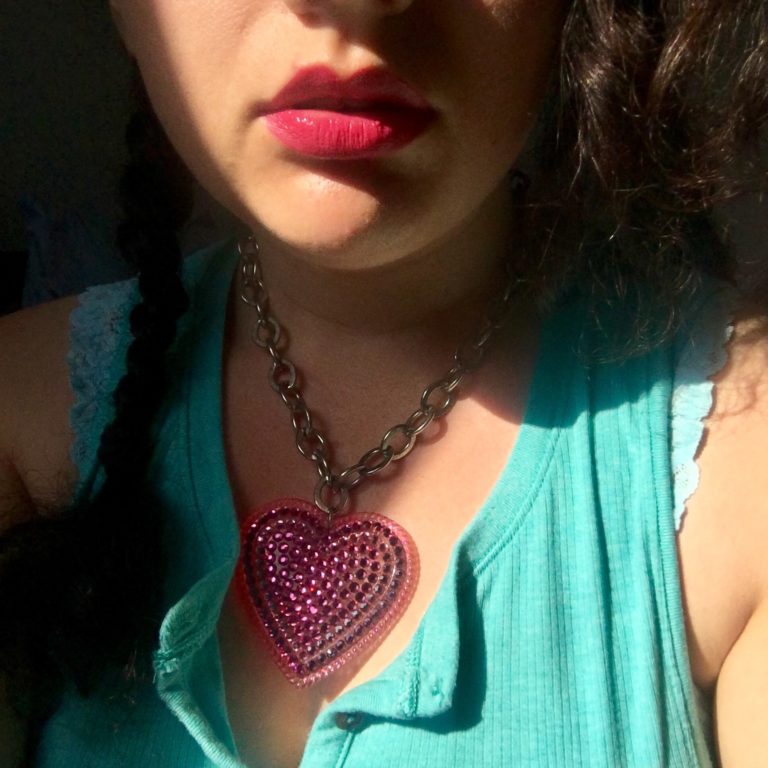
Dating apps are exhausting. As App Store searches and online reviews here will attest, there are soooo many of them – a surprising amount of which are more gimmicky than functional.
I’m dating an app developer, so I could just complain to him about all this. But I’m a blogger, so you get to hear about it too. (You’re welcome…?!) Here are 5 features most dating apps don’t have, which all of them should…
Actually useful filters. There was a time in OkCupid’s history when you could set certain answers to certain compatibility questions as “mandatory” for your potential matches, and the site would hide people from you who didn’t answer the way you wanted them to.
This feature could be used to swiftly expunge from your dating queue anyone who – for example – held racist/sexist/homophobic beliefs, felt differently from you about eventual marriage or procreation, or even just… didn’t like giving oral sex. (Hey, we all get to decide what’s important to us in a potential partner!)
Many of the site’s filtering features are now reserved for paid users, and it’s a real shame. I don’t want it to even be possible for me to accidentally strike up a conversation on OkCupid with a Trump supporter, a selfish lover, or someone who thinks women are morally obligated to shave their legs. I should be able to erase them all from my world in one fell swoop.
Comprehensive blocking. Internet safety has become a bigger and bigger issue as the online world has interlaced with the “real world” more and more – and yet many social networks and apps still don’t take it seriously enough.
Tinder, for example, lets you block someone you’ve already matched with, but doesn’t let you block people who just come up in your swipe queue – which is a problem if, for example, you spot your abusive ex on the app, or someone makes multiple creepy accounts in an attempt to contact you, or you just keep running into the same douchebag over and over.
If a dating app values safety – especially the safety of its most vulnerable and marginalized users – it should provide a blocking feature which works, completely and immediately, no questions asked, and which can be used on anyone you encounter in the app, not just people you’ve matched or messaged with.
First-message length minimums. One-word messages are an epidemic on dating apps. “Hi.” “Hey.” “Sup.” Frankly, I think that if you only want to put that much effort into dating, you’d be better off posting on Facebook to solicit dates with former high-school classmates, or trotting down to the local bar and shouting “Anyone interested?!”
OkTrends, OkCupid’s now-defunct blog of dating-based statistical analysis, found that the ideal first message length is 200 characters – so, about the length of a tweet, but like, a substantial, thought-out tweet that you didn’t dash off in five seconds.
Granted, not everyone’s attractions work how mine do, but if it were up to me, I would instate an 100-character minimum on first messages in every dating app. Read your potential match’s profile and find something to comment on or inquire about; if you can’t do that, then why are you even interested?
Organization tools. Okay, not to sound like a total slut or a total nerd (I’d rather be equal parts of both), but sometimes I wish my Tinder inbox had folders.
Kind of like how I have one Airbnb wishlist for far-away destinations and one for weekend getaway spots, I need a Tinder folder for “potential relationship material,” one for “could be a fun hookup,” and one for “you already went out with this person and it didn’t go well – beware.” And that’s just for starters.
If it sounds like I’m reducing people to their objectlike utility, well, I probably am – there’s a reason the phrase “meat market” persists, despite our better intentions – but I also think the ability to sort matches would help cultivate more actual, IRL connections. Part of the reason I so often forget to message people is that by the time I’m in the mood to reach out to someone, the cuties I was most excited about have often been pushed down in the queue by more incoming matches. If I could find the most promising among them, quickly, whenever the mood struck, I’d be likelier to actually make contact.
Activity-based statuses. Tinder had the right idea with their “Matches Up For…” feature, which allowed users to mark themselves as “up for” drinks, coffee, and a few other boilerplate date activities. But what dating apps really need is a blank field where you can type whatever you’re up for.
True, this feature would be abused immediately, by people who don’t understand that nonconsensually showering strangers in dicks is a dick move, even in text form. But just imagine how good it would be if it worked. “Up for… seeing the Harry Potter improv show at Comedy Bar tonight.” “Up for… a marathon viewing of The L Word over Chinese delivery.” “Up for… co-working at a coffee shop, with intermittent flirty eye contact.” Being able to articulate whatever weird datelike activity you’re craving, and maybe actually find someone who wants to do the same thing, would be blissful.
This feature would, of course, be useful for sexxxy purposes too. While there are lots of times I’ve just craved sex, it’s far more common that I crave a specific sexual act. “Up for… a thorough paddling from an experienced, sadistic dom.” “Up for… no-reciprocation-expected cunnilingus.” “Up for… a handjob while listening to Vivaldi.” Some apps go to great lengths to determine your sexual compatibility with potential matches, but I think knowing what someone wants to do in bed right now might give you an even better window into their sexuality than their answers to prefabricated questions, which they may have answered months or years ago anyway!
What features do you wish all dating apps had?
This post was sponsored. As always, all writing and opinions are my own.
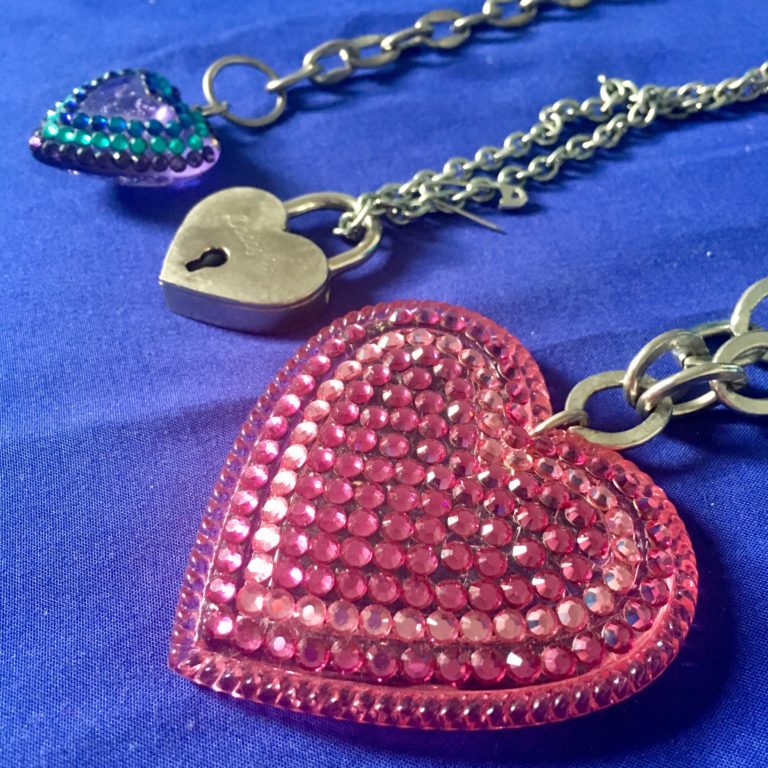
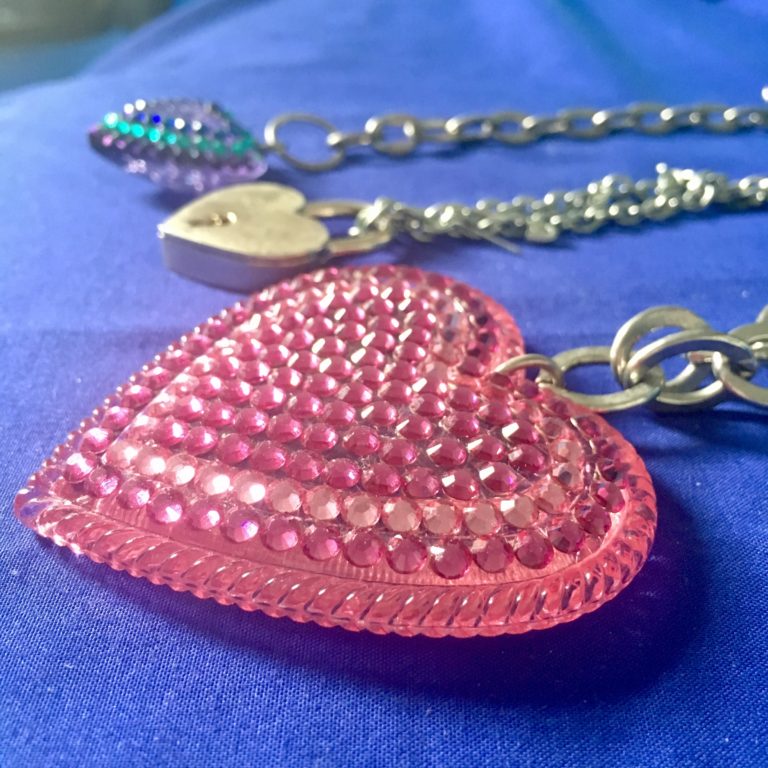
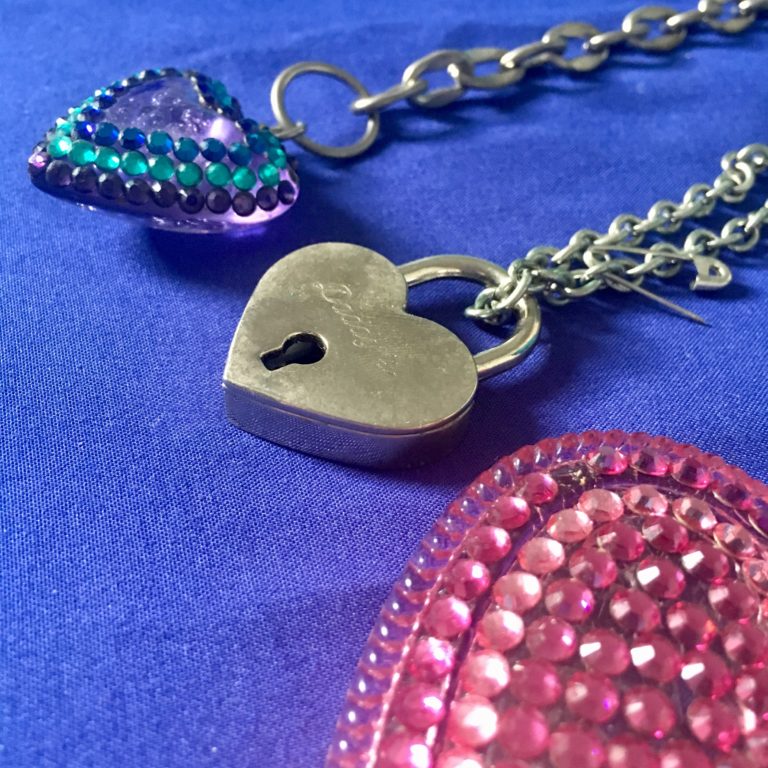
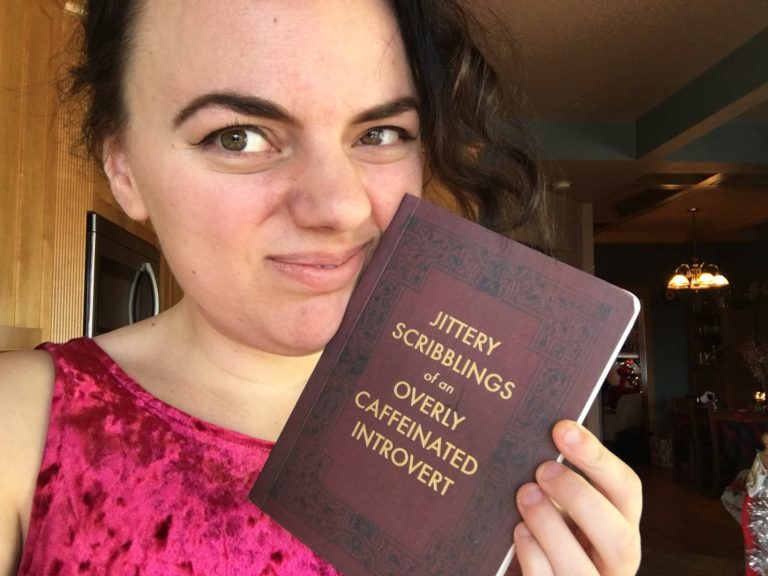
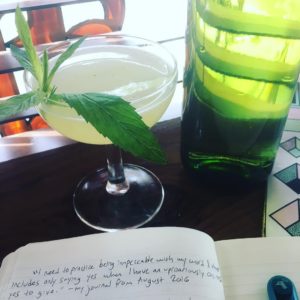 The art of the self-date. Some introverts are ride-or-die for their beds or bedrooms, as am I, but often I want to take myself out, too. I used to be terrified to do this – I worried people would judge me for being alone at locations frequented by pairs or groups – but after a while, I realized no one really pays that much attention to strangers. Fun fact: Julia Cameron calls these solo outings “
The art of the self-date. Some introverts are ride-or-die for their beds or bedrooms, as am I, but often I want to take myself out, too. I used to be terrified to do this – I worried people would judge me for being alone at locations frequented by pairs or groups – but after a while, I realized no one really pays that much attention to strangers. Fun fact: Julia Cameron calls these solo outings “ Setting realistic expectations for yourself. I have so often fallen into the trap of shaming myself for not being more social than I am. Feeling suddenly embarrassed about my barren social calendar, I’ll pack back-to-back plans into my week, hoping to feel like less of a hermit/recluse/loser. But I always end up miserable when I do this, wishing halfway through my second or third consecutive Big Night Out that I was in bed with a book instead.
Setting realistic expectations for yourself. I have so often fallen into the trap of shaming myself for not being more social than I am. Feeling suddenly embarrassed about my barren social calendar, I’ll pack back-to-back plans into my week, hoping to feel like less of a hermit/recluse/loser. But I always end up miserable when I do this, wishing halfway through my second or third consecutive Big Night Out that I was in bed with a book instead. Recharging efficiently and well. Taking introverty time to yourself is pointless if you don’t actually use it to replenish yourself and make yourself feel good. That’s the whole reason you’re doing it, so might as well do it right!
Recharging efficiently and well. Taking introverty time to yourself is pointless if you don’t actually use it to replenish yourself and make yourself feel good. That’s the whole reason you’re doing it, so might as well do it right!